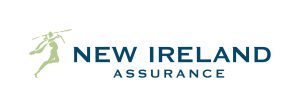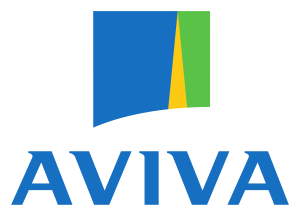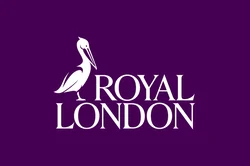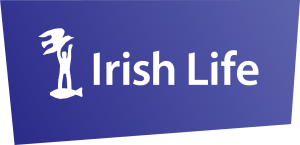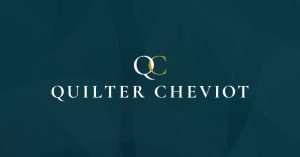As the Wealth Alliance team continues to grow, we decided that our website needed a refresh. Cue John Murray, a Dublin based Headshot Photographer and self-image coach. While he was busy snapping, we got talking about self-image, financial freedom and just about everything in between! It had me thinking about Financial Freedom and how it means different things to different people.
In its simplest form it is about being in control of our finances rather than our finances controlling us. To be in a position to make decisions for ourselves and our loved ones without feeling overly stressed about the financial impact those decisions will have. When we make decisions around money, it’s more than just numbers. Like it or not, money is embedded in almost every aspect of our lives. It is rooted in who we are, how we live and how we take care of ourselves and those around us. And similar to any other relationship we have, this one can be…to say the least, complicated. For many of us, money can be intimidating, a topic which from an early age was deemed inappropriate or insensitive to talk about. We knew it was not polite to ask how much someone earned or how much they saved or spent. Why then should we be surprised about our lack of awareness around money when it is easier to just ignore potential issues and live in the moment?
Stress around finances typically stems from a lack of awareness and often a feeling of loss of control. On the stress continuum, the optimal zone lies somewhere between the extremes of inertia and neglect at one end to panic or feeling overwhelmed at the other. In this middle ground, you have a sense of awareness of the issues and although at times it can be uncomfortable or even unpleasant to face them, those feelings correctly channelled, can be the motivation for change and the drive to action.
Research shows that our brains are wired along systems of thought – the automatic and the conscious. Most of what we do and think is automatic, separated from reasoning and conscious thought. We are prone to behavioural traits that can contribute to or detract from our progress towards our life and financial goals. As an example, think about why we avoid saving for retirement, or take on too much debt. These actions are typically rooted in our tendency to place greater emphasis and value on the here and now as opposed to their impact on the future you. Another important example is how we can be excessively or irrationally optimistic, understating the extent to which bad things could happen and placing little value on the need to protect what we have. We also typically feel a loss much more acutely than a gain and therefore are slower to take risks around money. These tendencies or behaviours are not flaws in our character, but rather aspects of human behaviour which are innate in all of us. The challenge is to understand and manage them as best we can.
When we focus on developing healthy financial behaviours and habits, being aware of how we spend money is a good place to start is. For most of us, direct debits and contactless payments offer huge convenience in our busy lives however it is at a cost of little forethought. Our attention is diverted and it is here, in the very mundane aspects of our daily lives, that our spending patterns can become completely unconscious.
A huge part of financial freedom is actually learning how money, a finite resource, competes for our attention. Reviewing expenditure builds awareness, helping you to keep track of your spending choices. Only then can you reassess the importance of each choice, enabling you to prioritise what is of true value.
We manage what we measure and so the cornerstone of that much coveted financial freedom lies in how we manage personal cash flow – a working plan for the things we know we want for our lives and to allow for the things we typically can’t control or don’t see coming down the track. The journey starts by reviewing income and expenditures now, forecasting them out into the future whilst factoring in the “What if’s” of your world where possible.
So, what does financial freedom mean to you? Is it the freedom to choose a job you love, to travel the world, to live debt free, to retire early or to take care of those you love? To make those choices and not fear the financial impact may seem like a dream destination now but the one thing we are sure of is that the road there is paved with good financial habits. Financial Freedom is personal….it has to be to ensure the future you has no regrets.
WEALTH ALLIANCE LIMITED IS REGULATED BY THE CENTRAL BANK OF IRELAND C120055



